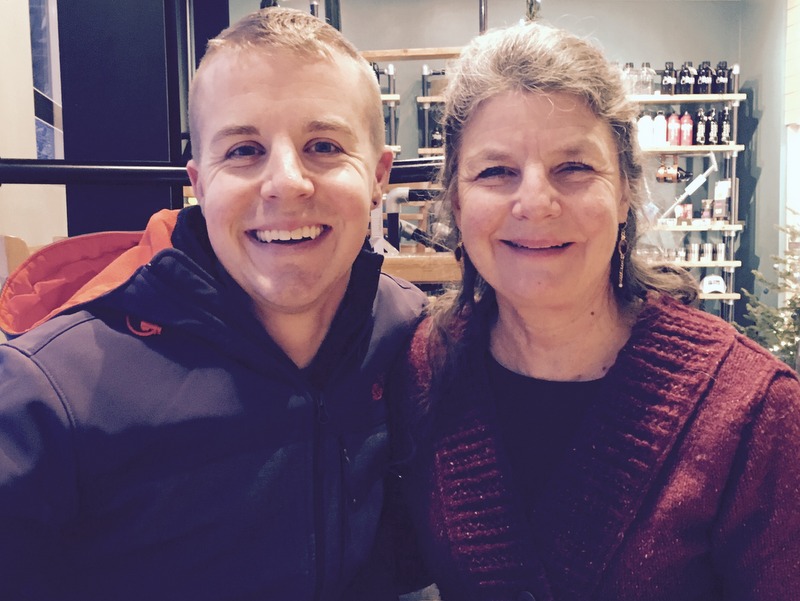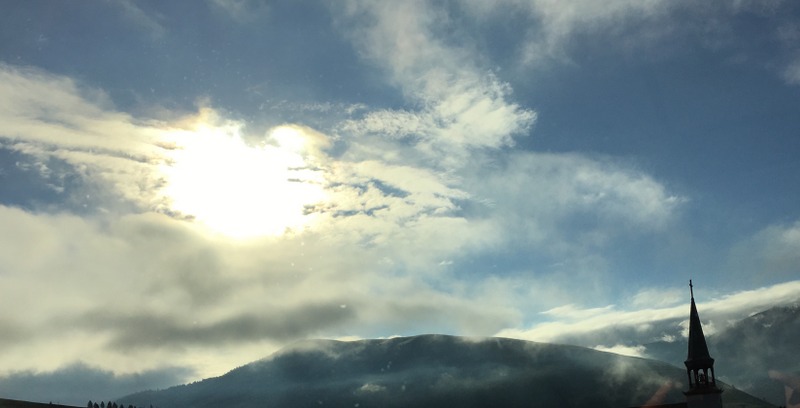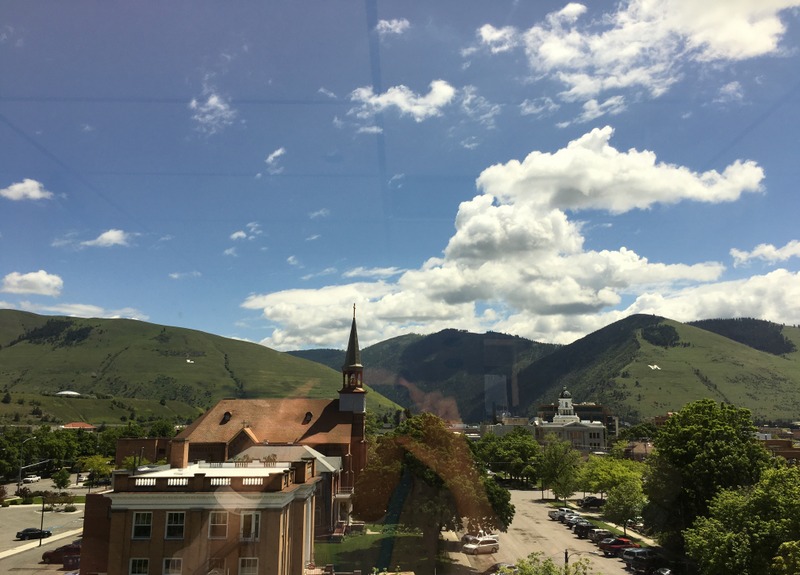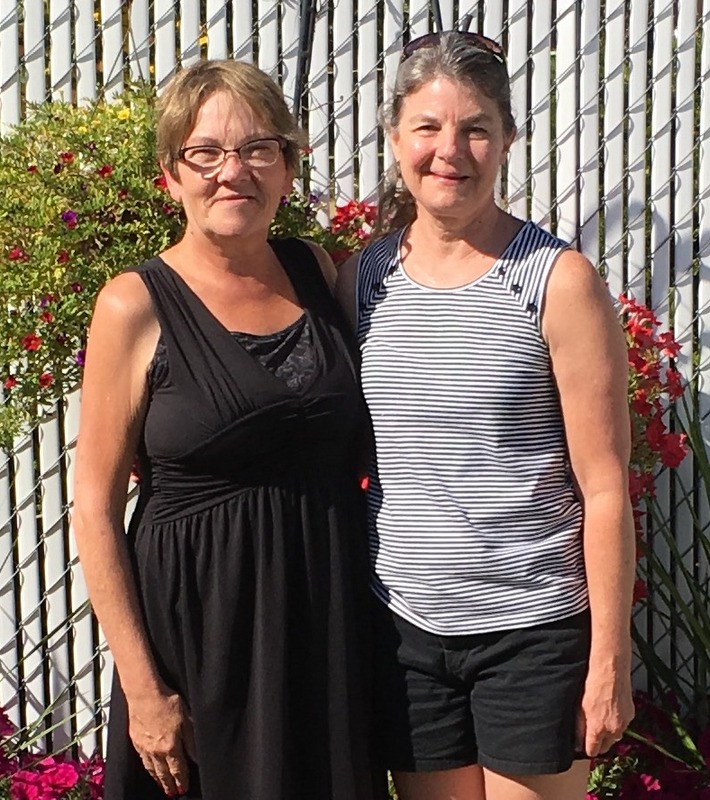It was a new word for me. Queer. 1967, age eleven, I sought out my twelve-year-old brother, careful to catch him out of earshot of younger siblings. “What’s a queer?” I asked.
“Ssshhh!” He flicked his head toward the adjacent bedroom where our mother was putting away laundry. “Mom will hear you.”
His stage whisper was so loud, I was certain she heard him, not me. I left, my question unanswered.
I had a fallback plan: Julie, our thirteen-year-old neighbor. She would tell me. And she did. I don’t remember her words. Straightforward, they didn’t leave a lasting impression. The shushing did.
I didn’t fault my brother, though. Growing up in the 1960’s, the families I knew didn’t talk about sex. I added “queers” to the list and moved on.
Twenty years later, I had my first baby. When I changed Eric’s diaper, I practiced saying “this is your penis” and “this is your scrotum,” determined to say those words as easily as “Head of hair. Forehead bare…”
When he was four, I borrowed a kids’ library book to read to him and to one-year-old Colin. It had cartoonish drawings and talked about bodies and making babies, subjects I did not want to be taboo. That same year, Eric traced a panty liner on a piece of paper. “I drew a uterus!” He presented his drawing, his pride palpable.
His drawing did look like the knitted uterus I used in my Lamaze classes. I reveled in his artistry, creativity, and in the way the word rolled off of his tongue.

Fast forward twenty-five years. I wish I had known to look for LGBTQIA books. That acronym was not in my vocabulary back then, but acceptance, empathy, love, and tolerance were. I have since learned that I am an ally. And Eric is queer. He is also a Fulbrighter. A City Year AmeriCorps alum. An Education Pioneer. A TeamChild Board Fellow. And an MPA. A recent graduate of the University of Washington, he was nominated to be both a Husky 100 and a Luce Scholar. He is fluent in Spanish; has lived on four continents; and is compassionate, kind, and an inspiration. His sexual orientation does not define him.
On the eve of his seventeenth birthday, Eric left Montana to spend a year in San Miguel de Tucumán, Argentina, as a foreign exchange student. Four days ago, I donned a pair of Argentine earrings he gave me, harnessing his courage as I prepared to embark upon my first solo door-to-door canvassing. His political activism began in high school when he restarted an Amnesty International club for his senior project. My activism, spotty throughout the years, kicked up last summer. In recent weeks, it has been on overdrive.
Montana has a special election coming up on May 25. Our lone seat in the House of Representatives was vacated in March. I have been working hard to elect Democrat Rob Quist. He represents Montana values, including equity. His Republican opponent opposed non-discrimination ordinances in Bozeman and Butte. But equity is a Montana value, so both ordinances won easy victories: Bozeman unanimously; Butte 10-2.
At a recent Special Election Action Forum, a speaker shared a conversation she had had with her mother. When she referenced LGBTQ rights, her mom asked, “What does the Q stand for?” then said, “Oh. That’s a word I don’t use.”
Her mom is a Baby Boomer, like me. I didn’t use ‘queer’ growing up, either. I do now.
Last week, while tabling on the University of Montana campus, I talked with another Baby Boomer. He expressed concerns about the candidates. I rattled off Rob Quist’s Montana values: public lands, affordable health care, Medicare and Social Security, public education. He told me he had been in the healthcare field, so we talked about that.
Then I shared the heart of my story. I told him I had never really campaigned before. I said that Rob Quist believes in equity, and I was fighting for my queer son who cried for two weeks after our November election. The current Republican candidate had fought non-discrimination ordinances, I said. I tried to keep the quiver out of my voice when I added that my fight was to elect a man who believes in equity.
He listened, then said that my son should not have to worry about being treated equitably. He put his hand on my shoulder and told me he would vote for Quist “for your son.” He added, “My wife will, too.”
I thanked him, hoping he realized the depth of my gratitude.
I had another tender conversation when I knocked doors two days later. A man told me he had lost his wife the week before. His words matter of fact, I asked about her. Sixty—my age—she died too young. He told me about her cancer and her medical bills. I told him about my dad, who had passed away three months before, five days after breaking his hip. Eighty-nine, he had had a good, long life. We talked about affordable healthcare for all.
I told him I was campaigning because I had a queer son, and because Rob Quist believes in equality.
“Your son is what?” he asked.
“Queer.”
“What does that mean?”
“It’s an umbrella term for non-heterosexual,” I said. I told him it was a reclaimed term, not the slur of our youth.
“I did not know that,” he said, his words thoughtful and deliberate.
We talked a bit more about his wife’s upcoming celebration of life, then said our goodbyes.
When I reached the sidewalk, he called, “Tell your son there are people out there who support him.”
“I will,” I replied, my voice catching.
Tears threatened as I walked to the next house. His words affirmed what I knew and gave me resolve. Montana has a single seat in the House of Representatives. I will continue to fight for Montana’s voice to be one of affirmation, safety, and inclusion.


